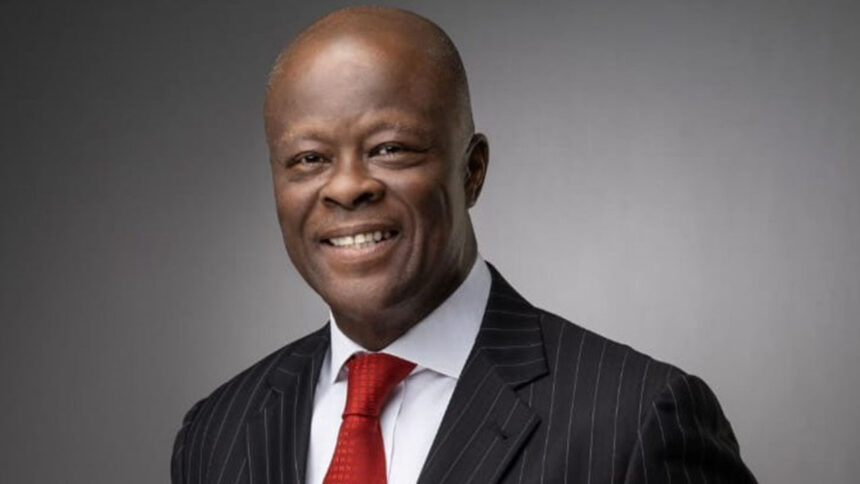The Federal Government will pursue diversification of its revenues and adopt greater prudent resource allocation measures to mitigate the impact of low oil prices should it continue, according to Mr. Wale Edun, the Minister of Finance and Coordinating Minister of the Economy.
Speaking at a meeting with investors during the ongoing IMF/World Bank Spring Meetings in Washington DC on Thursday, Mr Wale Edun emphasized that with the recent reforms embarked upon by the present administration, Nigeria is better positioned to deal with global economic uncertainties.
The meeting was also attended by the Chairman, Senate Committee on Finance, Senator Mohammed Sani Musa; the Deputy Chairman of the House of Representatives Committee for Finance, Hon. Saidu Musa Abdullahi; the Governor of the Central Bank of Nigeria, Mr. Olayemi Cardoso; the Permanent Secretary of the Federal Ministry of Finance, Mrs. Lydia Shehu Jafiya and the Director General of the Debt Management Office, Ms. Patience Oniha.
In a statement, Mohammed Manga,
Director of information and Public Relations said the Minister outlined the government’s strategy to cope with lower oil prices, including prioritizing government expenditure, expanding non-oil exports, and optimizing assets through public-private partnerships.
He also highlighted the importance of maintaining fiscal congruence, ensuring timely payment of statutory obligations, and boosting revenue through increased oil production.
With Nigeria’s brent crude currently trading at US $68 compared to the US $75 2025 budget benchmark, the Minister emphasised that the priority of the government will be to ensure that government expenditure continues to meet the priorities of Nigerians, especially on critical infrastructure such as roads, power, and food security.
“Nigeria is diversifying its economy away from dependence on oil prices, and the extensive work on tax reforms is almost concluded,” Edun stated.
“We will do all we can to create an enabling business environment, provide incentives, and implement structural reforms to attract private sector investment, drive growth, and generate revenue,” the Minister added.
With a focus on prudent resource allocation and diversification, Nigeria is poised to navigate the challenges of low oil prices and achieve sustainable economic growth.
WATCH TOP VIDEOS FROM NIGERIAN TRIBUNE TV
- Let’s Talk About SELF-AWARENESS
- Is Your Confidence Mistaken for Pride? Let’s talk about it
- Is Etiquette About Perfection…Or Just Not Being Rude?
- Top Psychologist Reveal 3 Signs You’re Struggling With Imposter Syndrome
- Do You Pick Up Work-Related Calls at Midnight or Never? Let’s Talk About Boundaries







